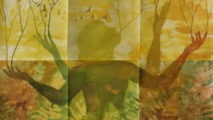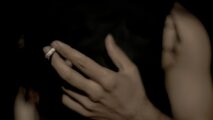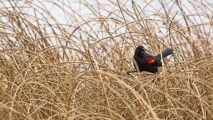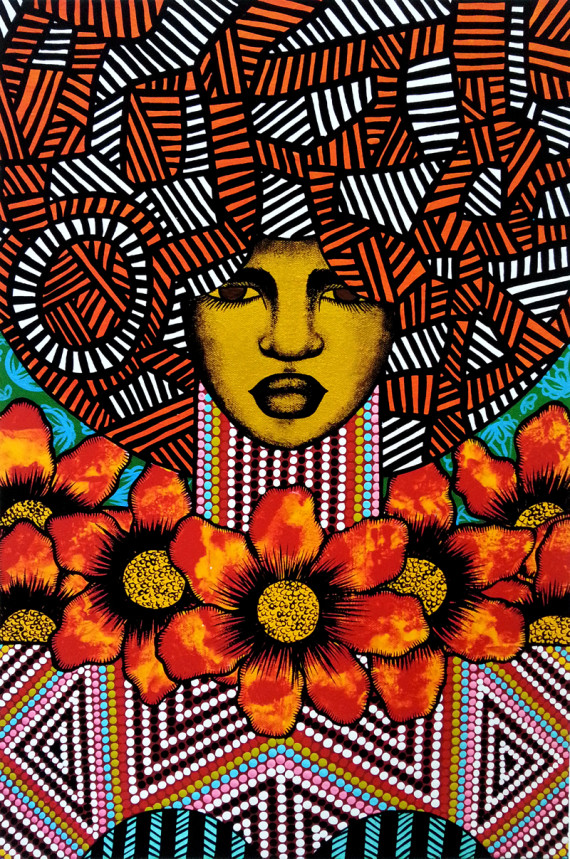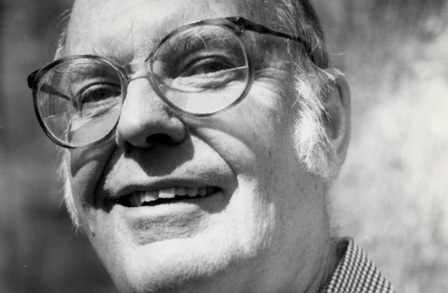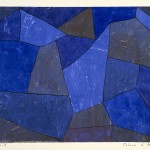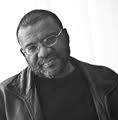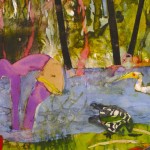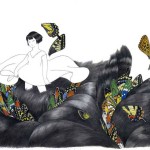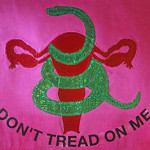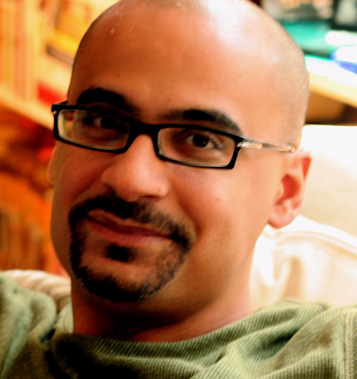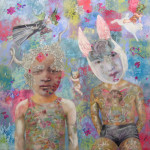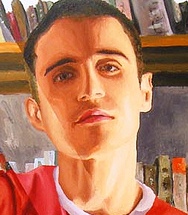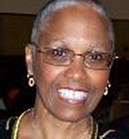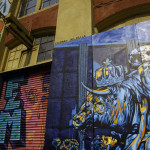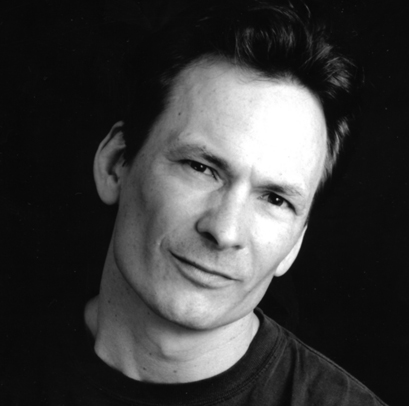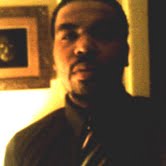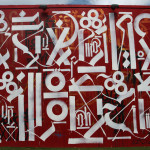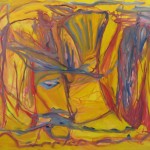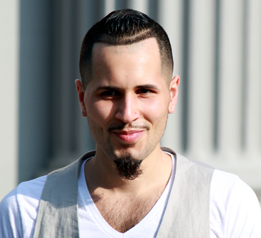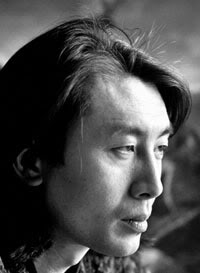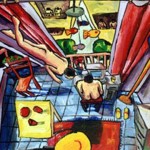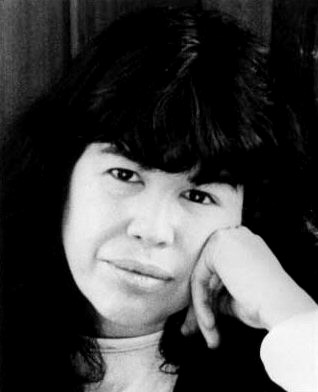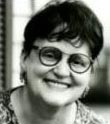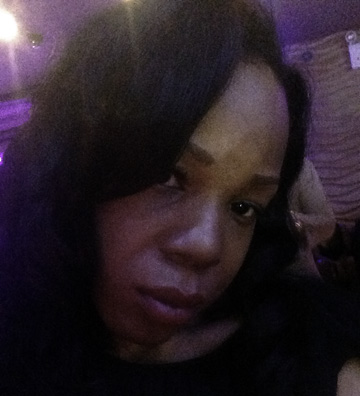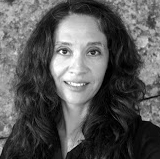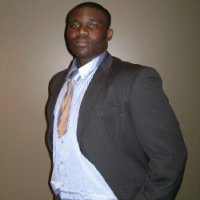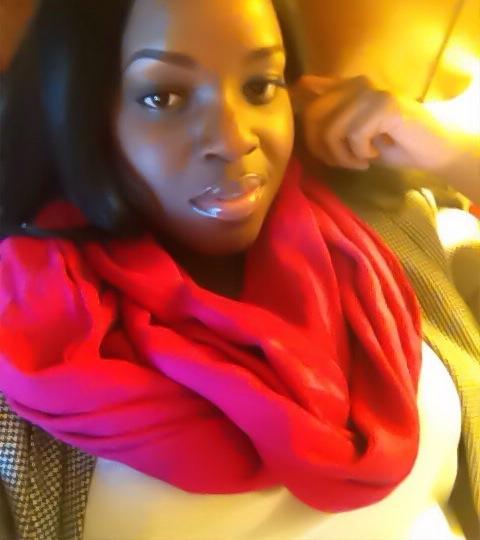COFFEE BREAKS AND FAMILIAL ACHES
The day
Is frenetic energy
Neutrons bouncing in a nucleus- the walls of this
Kitchen
I stop to percolate
Filter the day through me like water through coffee beans
Café
Bustelo takes me back
To a particular time of day
The way
My father takes
The Sambuca
To an espresso cup, much too small for his callused and arthritic hand
Places a twirl of lemon curl
Wet around the rim and drops it in
The bitter bite, a harpoon
To drown the days demons down
His nerve damaged spine, slackening
Back relaxing
My father, captain, loud at the helm
Rendered
Quiet
For a few hours in the afternoon
Most days we circumnavigate the globe of his moods
Each coffee cup or shot glass a different port
Heaven Hill after an argument
Two cups of coffee or three
Depending
On the previous night’s sleep
My father does not sleep
Years of shift work
Shifting the meridians
Of his body
Most children
Think themselves polar opposites
Of their parents
But I am finding
The coffee is staining my teeth
It becomes harder and harder for me to fall asleep
Is this predisposition
Hereditary
This need for bitter comfort,
Mercy?
The espresso
And expression
A confession
Because I did not go to catholic school
Cannot recite a Hail Mary
But I am full of grace
In this caffeinated state
Café Bustelo, salvation
As the scent of if fills my nostrils
For a moment I breathe deeply
And relax, like my father, into the warmth of the sun
Streaming in through the
Kitchen window
On a hectic afternoon.
TIME AND AGAIN
One day the armies of little boys who saw no other future
than to sacrifice their bodies for money
Will come home from the foreign countries
Whose languages and cultures they were ordered to burn
One day old men will realize borders are pretend
Gates we erected with spikes because white picket fences could not exist for them
One day maybe in another decade little boys will stop fighting wars with little boys
Reminiscent of days on playgrounds where toy airplanes were built from paper
Could not propel bombs the bombs were crayons
Today I can’t read the paper
Most days I can’t face the news
This does not make me naïve, a poet hippie who believes love will save us
It won’t
She hasn’t been loved back for a while she knows
It takes more than love to save the world
But these days I am afraid and my nerves jangle
like plastic skeletons on Halloween
They don’t look like decoration anymore they look like warning
My dead walk the streets each morning
Slowly dying at jobs we hate
But they pay for our portion of the world
We stand ready to defend our corner
I feel like I am suffocating to protect a corner patch of weeds
Nothing has grown here for awhile
I do not have my father’s green thumb
I do not know which seeds I have inherited but I do not want them
The seeds are on fire
The kids are not alright
I must admit I grow more terrified of walking to my car at night
I do not know what more to write
We’ve been typing out the same old ink
I argue in my own mind each night
Try to reconcile poetry as medicine
When it’s medicine we cannot afford
I do not know anymore the point.
Tomorrow I will get out of bed
I will commit to do the work the only way I can
So tomorrow, while the new decade burns, I will write a poem
Again.
Alise Versella is twice nominated for the Pushcart, and A Best of the Net nominated contributing writer for Rebelle Society. She is the author of the full-length When Wolves Become Birds (Golden Dragonfly Press 2021) and the forthcoming chapbook Maenads of the 21st Century (Dancing Girl Press). She has been published widely in such journals as the Opiate, Crack the Spine, Steam Ticket, Penumbra Literary and Arts Journal, Luna Arcana, Soup Can Magazine, The Poeming Pigeon, Circle Show, White Stag Journal, El Portal, Evening Street Review, Press Pause Press, and Soundings East. Versella has worked with Women’s Spiritual Poetry, whose latest anthology, Goddess: When She Rules, raised money for the Malala Fund. Kirkus has called her “…[A] boundlessly energetic and promising technician [who] crafts a unique blend of the symbolist and the confessional; a talented, promising newcomer.” She performs throughout New Jersey and across Zoom screens and has taught Poetry as Power in local libraries and schools.
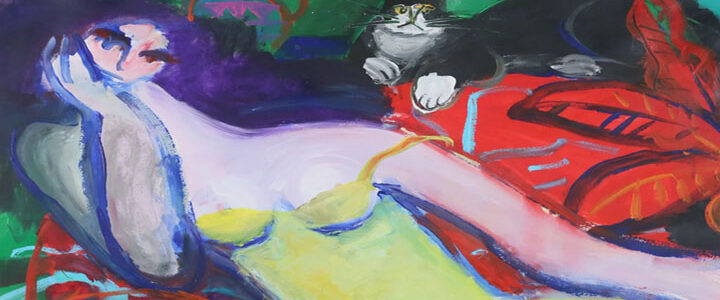

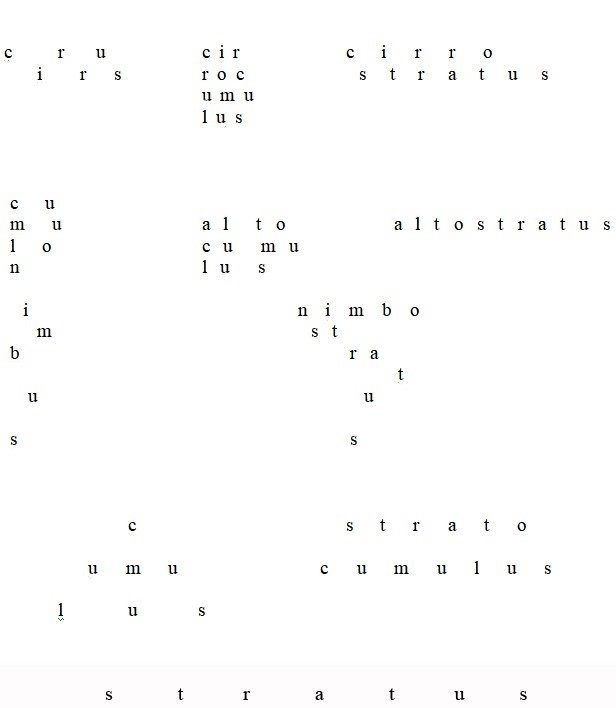
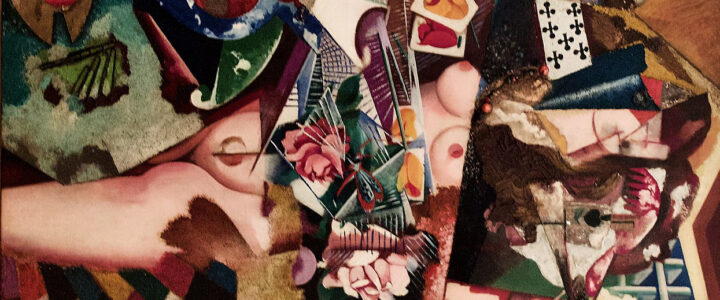
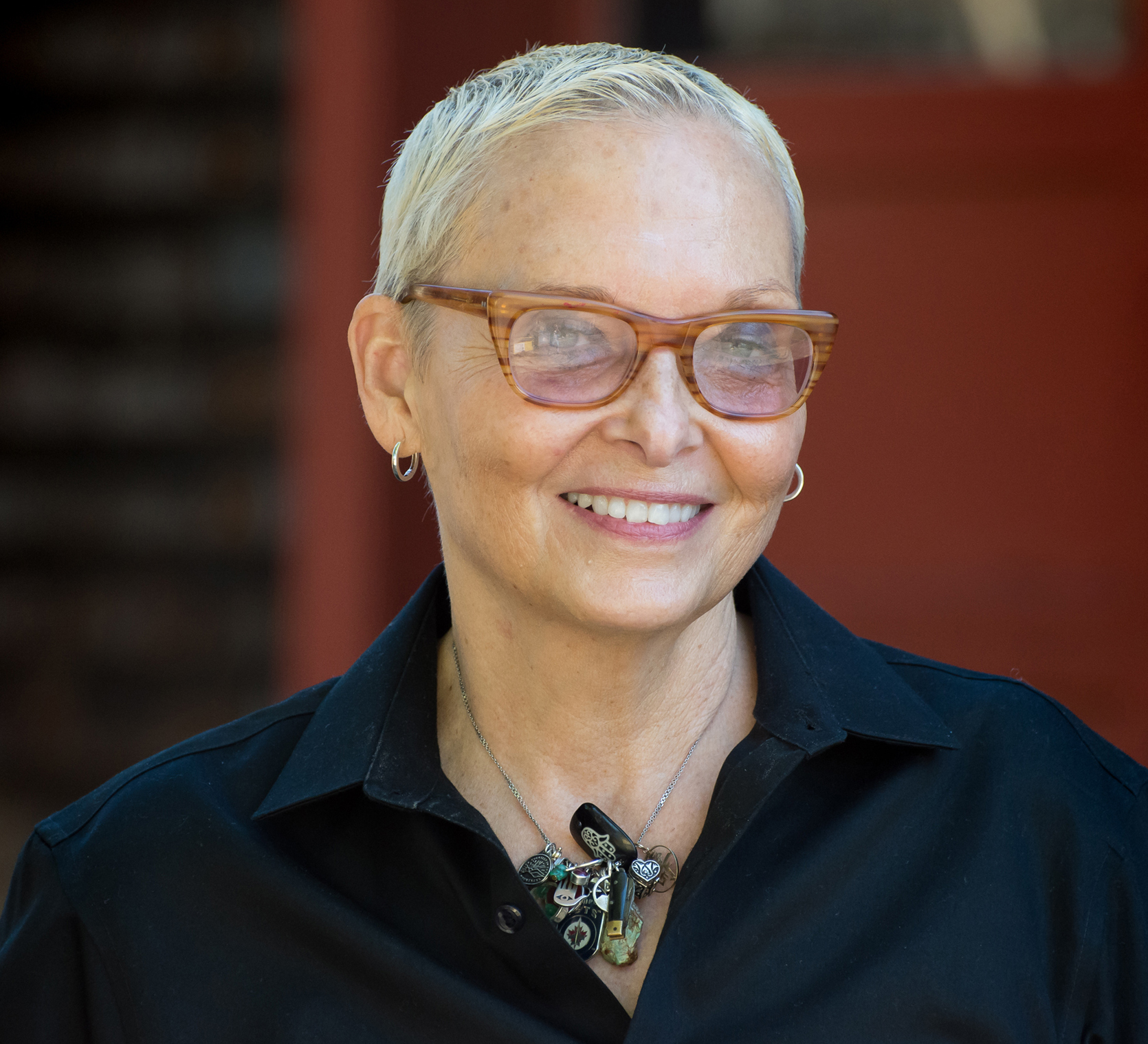 Jan Beatty is the winner of the Red Hen Nonfiction Award for her memoir, American Bastard (2021). Her sixth book, The Body Wars (2020), was published by the University of Pittsburgh Press. In the New York Times, Naomi Shihab Nye said: Jan Beatty’s new poems in “The Body Wars” shimmer with luminous connection, travel a big life and grand map of encounters. Books include Jackknife: New and Collected Poems (2018 Paterson Prize) named by Sandra Cisneros on LitHub as her favorite book of 2019. Beatty worked as a waitress for fifteen years, and as a welfare caseworker, an abortion counselor, and a social worker and teacher in maximum-security prisons.
Jan Beatty is the winner of the Red Hen Nonfiction Award for her memoir, American Bastard (2021). Her sixth book, The Body Wars (2020), was published by the University of Pittsburgh Press. In the New York Times, Naomi Shihab Nye said: Jan Beatty’s new poems in “The Body Wars” shimmer with luminous connection, travel a big life and grand map of encounters. Books include Jackknife: New and Collected Poems (2018 Paterson Prize) named by Sandra Cisneros on LitHub as her favorite book of 2019. Beatty worked as a waitress for fifteen years, and as a welfare caseworker, an abortion counselor, and a social worker and teacher in maximum-security prisons.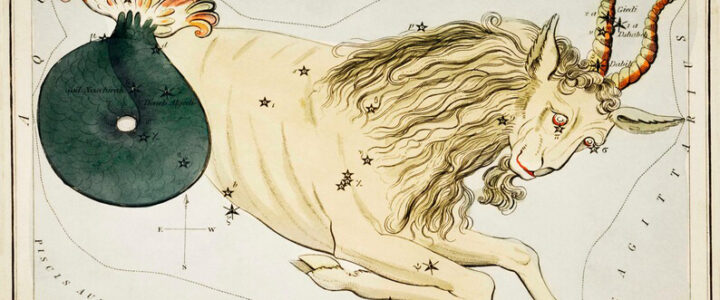
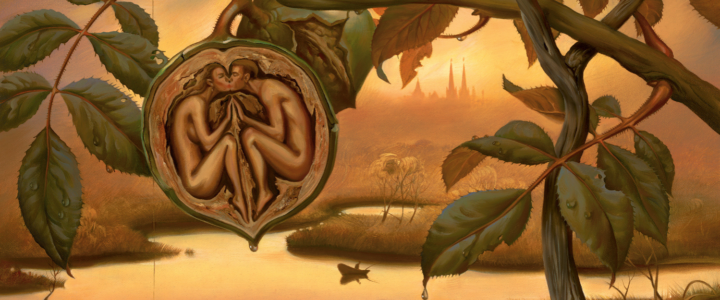
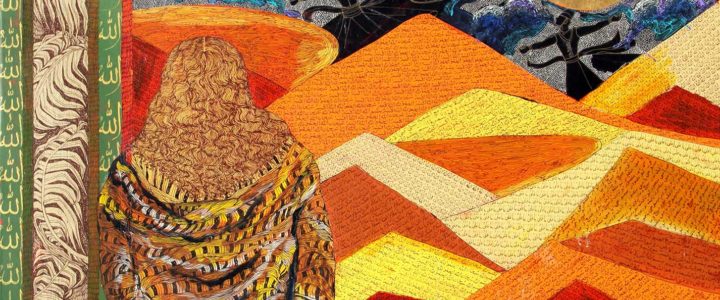
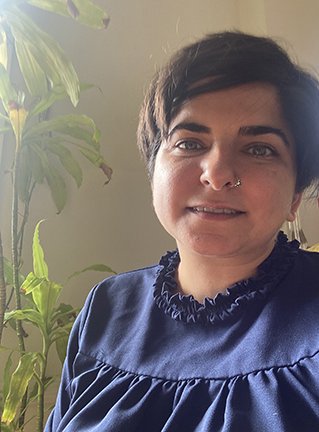 Taneesh Kaur is a teaching artist of East Indian descent, based in the Bay Area. She is a social justice advocate whose first love is poetry, and uses nature to understand and dismantle systems of mental and physical oppression. They have their MA in linguistics from SF State with a year and a half of training in Mexico and Chile. Se habla español.
Taneesh Kaur is a teaching artist of East Indian descent, based in the Bay Area. She is a social justice advocate whose first love is poetry, and uses nature to understand and dismantle systems of mental and physical oppression. They have their MA in linguistics from SF State with a year and a half of training in Mexico and Chile. Se habla español.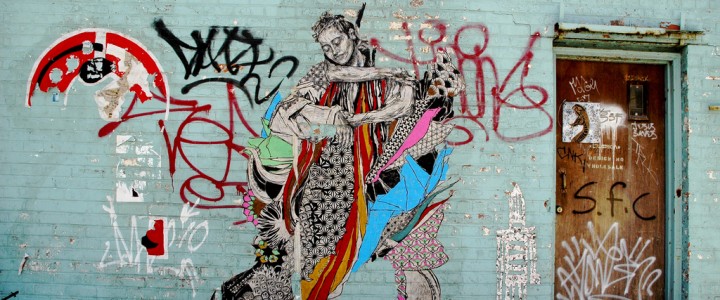
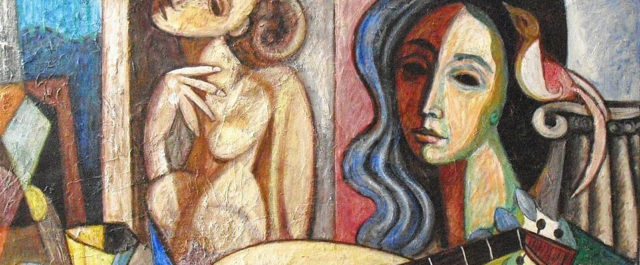
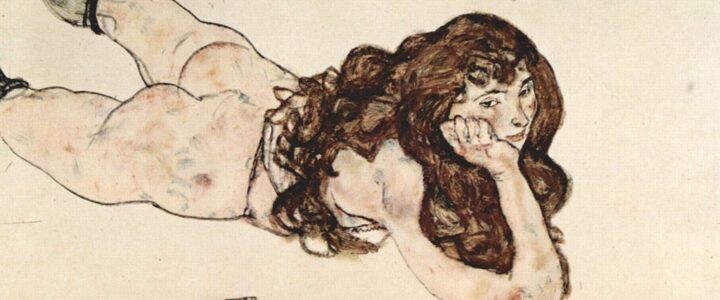
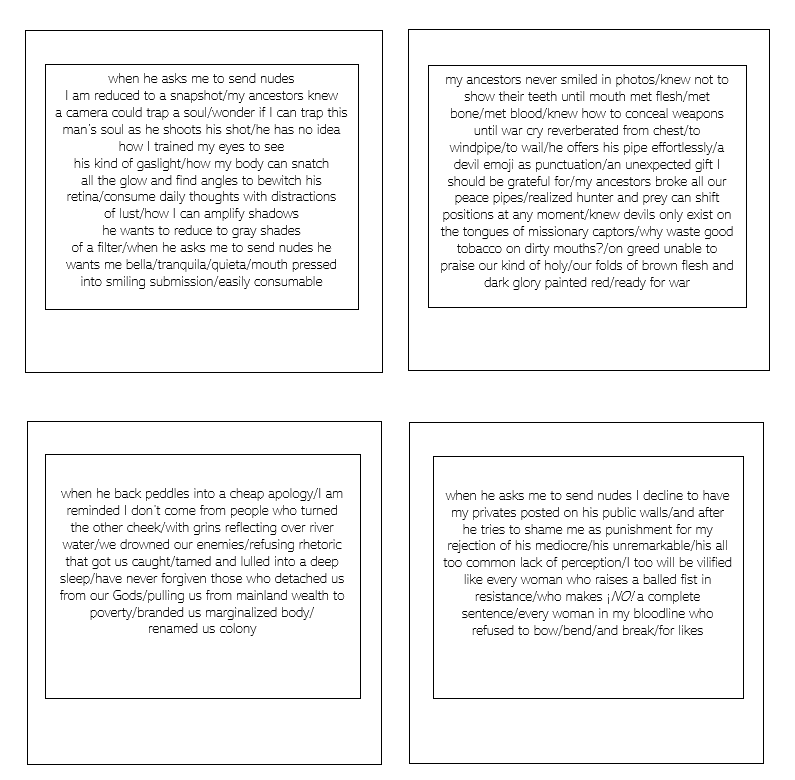

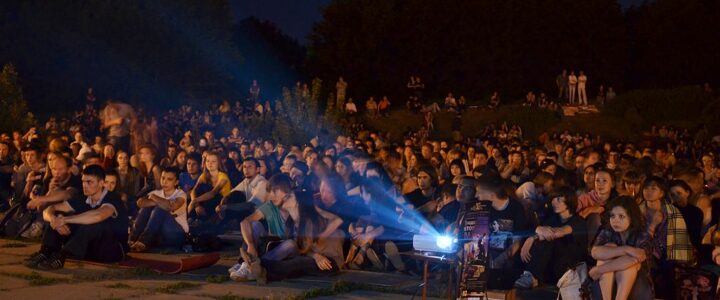
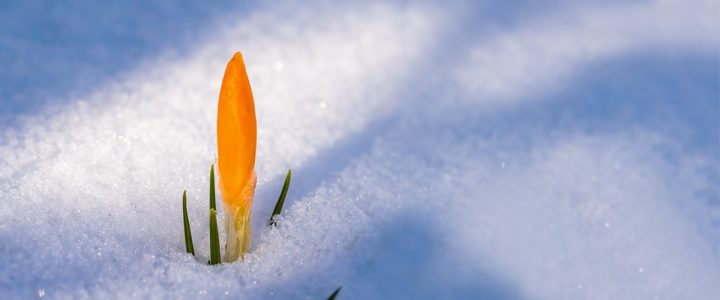
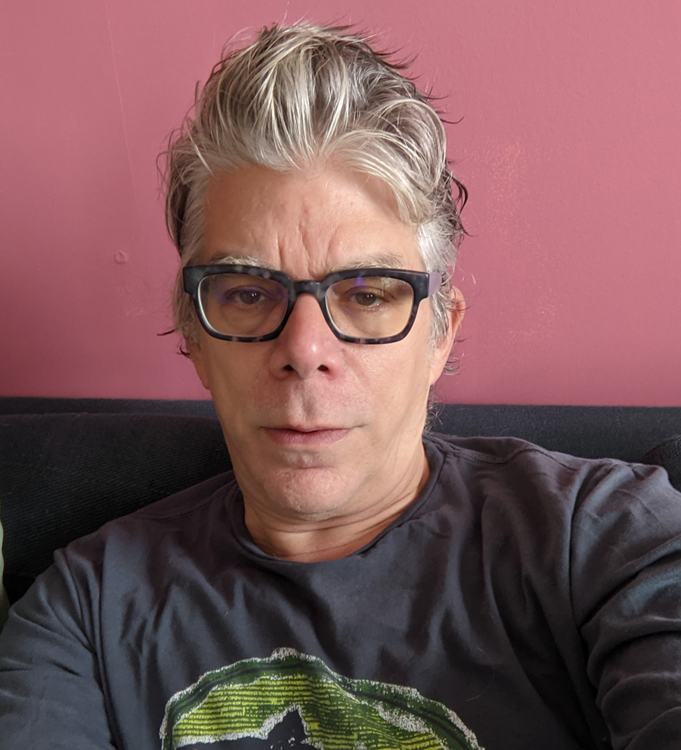 Daniel Metz poetry has been published in Best New Poets 2012, American Poetry Review, Salamander, upstreet, Imitation Fruit, Talking Writing, Audio Zine, Temenos, Assisi, Mudfish, CCAR Journal, Verse Wisconsin and other journals. He is a retired technical writer and teacher, and has a BA in English from Columbia and lives in Manhattan. His book of poems It Wasn’t Easy to Reach You will be published in February 2025.
Daniel Metz poetry has been published in Best New Poets 2012, American Poetry Review, Salamander, upstreet, Imitation Fruit, Talking Writing, Audio Zine, Temenos, Assisi, Mudfish, CCAR Journal, Verse Wisconsin and other journals. He is a retired technical writer and teacher, and has a BA in English from Columbia and lives in Manhattan. His book of poems It Wasn’t Easy to Reach You will be published in February 2025.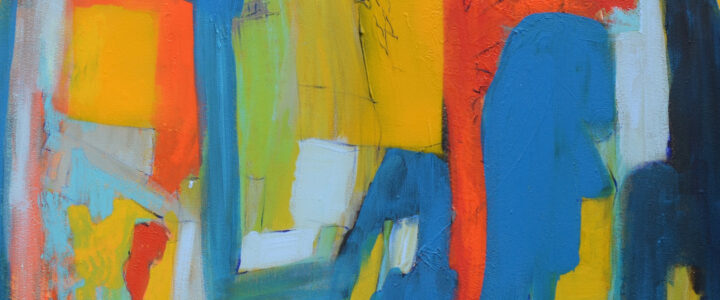
 Luis Pabon is a poet/social worker born and raised in Bronx, NY. Luis has self-published 7 full collections of poetry most recently Earth’s Bad Mouth (Kindle Direct Publishing, 2021). He has secured Honorable Mention for the 2021 Stephen A. DiBiase Poetry Prize and his work has been published in Up the River Journal as well as Pine Hills Review. Luis currently resides in Albany, NY where he works with individuals living with severe and persistent mental health concerns.
Luis Pabon is a poet/social worker born and raised in Bronx, NY. Luis has self-published 7 full collections of poetry most recently Earth’s Bad Mouth (Kindle Direct Publishing, 2021). He has secured Honorable Mention for the 2021 Stephen A. DiBiase Poetry Prize and his work has been published in Up the River Journal as well as Pine Hills Review. Luis currently resides in Albany, NY where he works with individuals living with severe and persistent mental health concerns.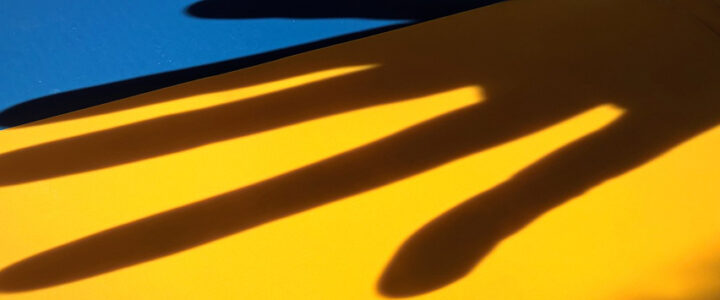
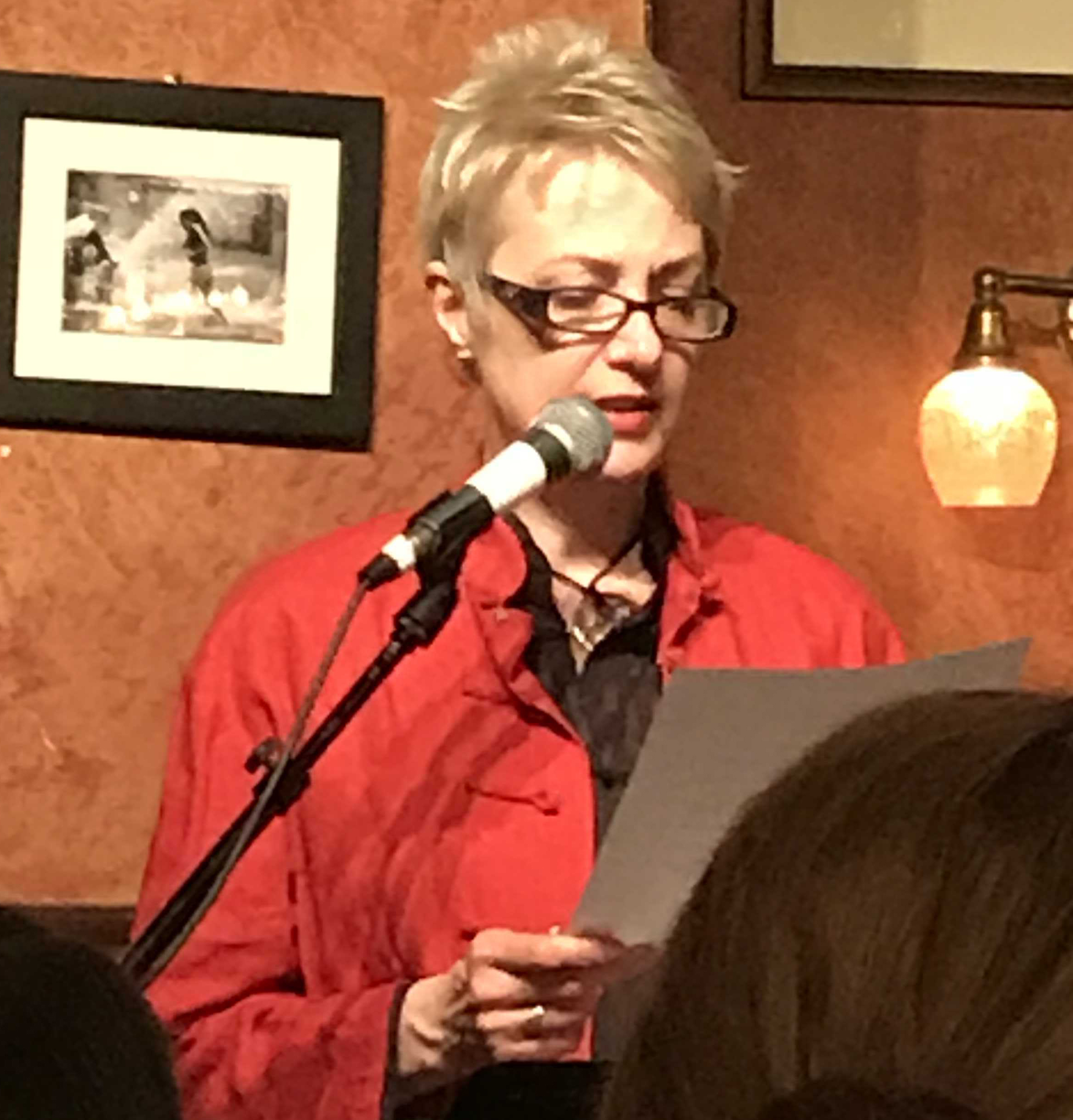 Sharon Mesmer’s most recent poetry collection, Greetings from My Girlie Leisure Place (Bloof Books), was voted “Best of 2015” by Entropy Magazine. Other poetry collections are Annoying Diabetic Bitch, The Virgin Formica, Half Angel/Half Lunch and Vertigo Seeks Affinities (chapbook, Belladonna Books). Four of her poems appear in Postmodern American Poetry: A Norton Anthology (second edition, 2013). She has published the fiction collections The Empty Quarter and In Ordinary Time, from Hanging Loose Press, and Ma Vie à Yonago from Hachette in French translation. Her essays, reviews and interviews have appeared in the New York Times, New York Magazine, Paris Review, American Poetry Review, Commonweal, and The Brooklyn Rail. She teaches in the undergraduate and graduate programs of New York University and The New School
Sharon Mesmer’s most recent poetry collection, Greetings from My Girlie Leisure Place (Bloof Books), was voted “Best of 2015” by Entropy Magazine. Other poetry collections are Annoying Diabetic Bitch, The Virgin Formica, Half Angel/Half Lunch and Vertigo Seeks Affinities (chapbook, Belladonna Books). Four of her poems appear in Postmodern American Poetry: A Norton Anthology (second edition, 2013). She has published the fiction collections The Empty Quarter and In Ordinary Time, from Hanging Loose Press, and Ma Vie à Yonago from Hachette in French translation. Her essays, reviews and interviews have appeared in the New York Times, New York Magazine, Paris Review, American Poetry Review, Commonweal, and The Brooklyn Rail. She teaches in the undergraduate and graduate programs of New York University and The New School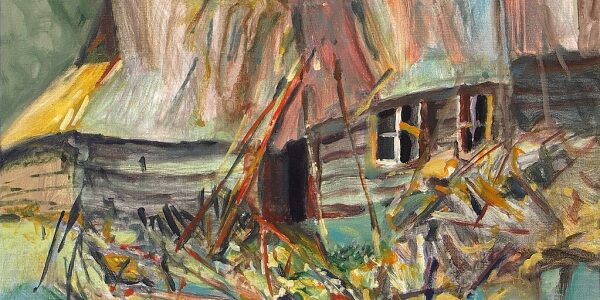
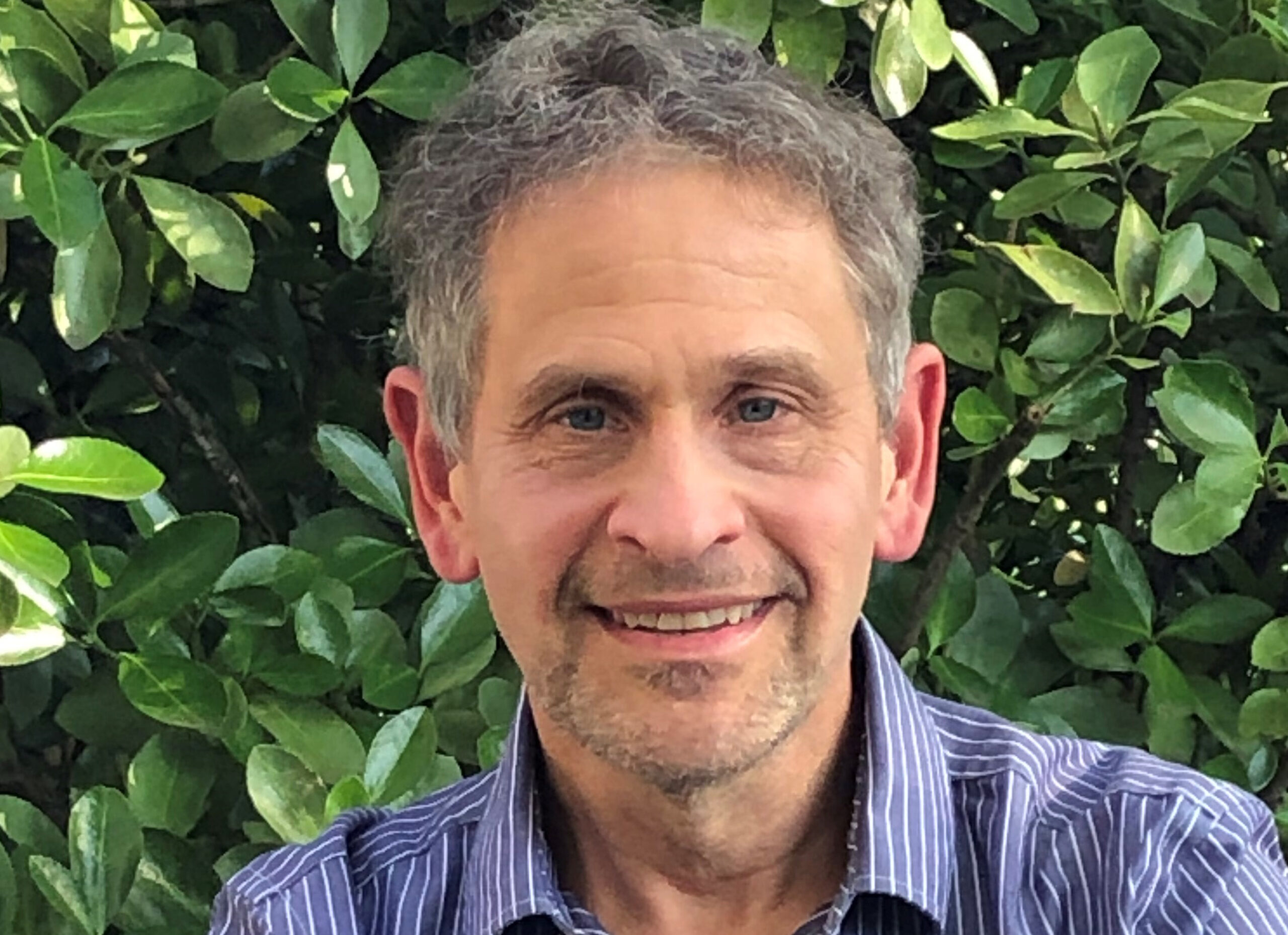 David Galef has published extremely short fiction in the collections Laugh Track and My Date with Neanderthal Woman (Dzanc Short Story Collection Prize), extremely long fiction in the novels Flesh, Turning Japanese, and How to Cope with Suburban Stress (Kirkus Best Books of 2006), and a lot in between. His latest is Brevity: A Flash Fiction Handbook, from Columbia University Press. Day job: professor of English and creative writing program director at Montclair State University. He’s also the editor in chief at Vestal Review.
David Galef has published extremely short fiction in the collections Laugh Track and My Date with Neanderthal Woman (Dzanc Short Story Collection Prize), extremely long fiction in the novels Flesh, Turning Japanese, and How to Cope with Suburban Stress (Kirkus Best Books of 2006), and a lot in between. His latest is Brevity: A Flash Fiction Handbook, from Columbia University Press. Day job: professor of English and creative writing program director at Montclair State University. He’s also the editor in chief at Vestal Review.
